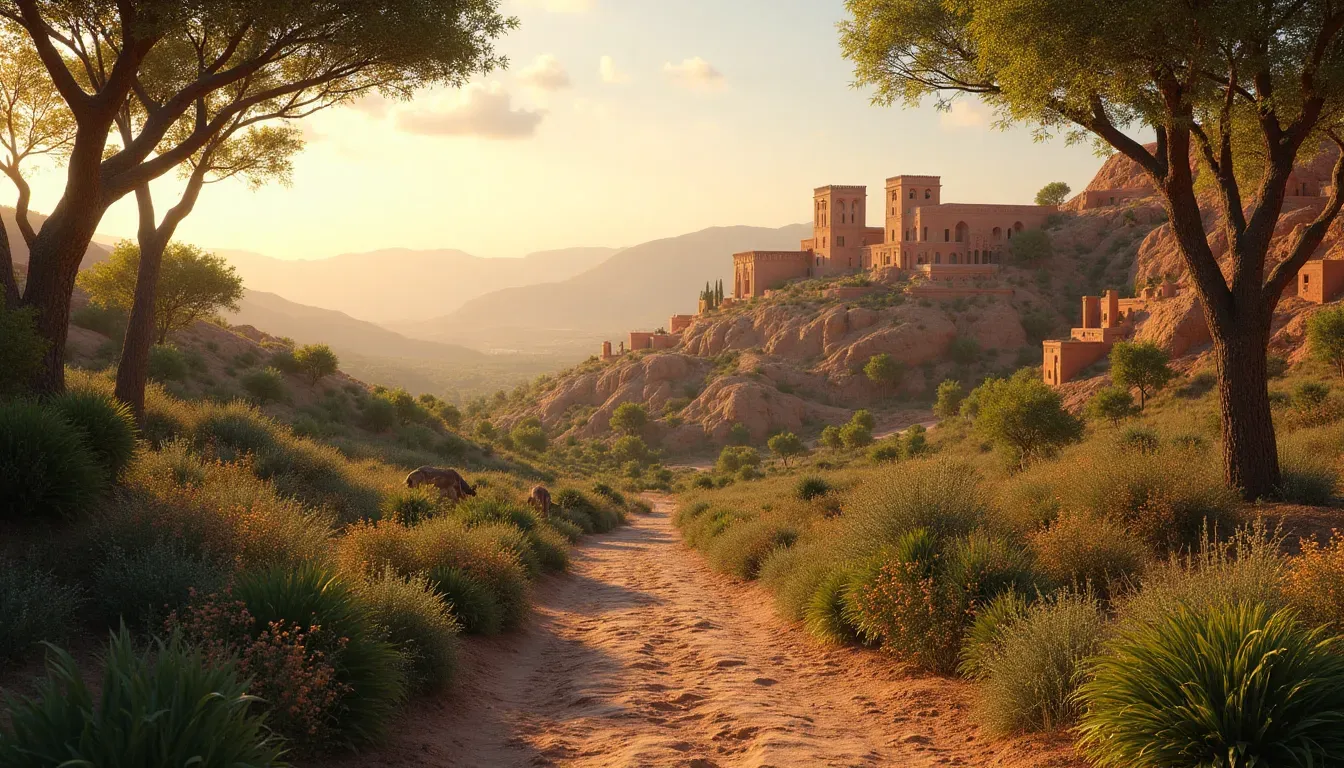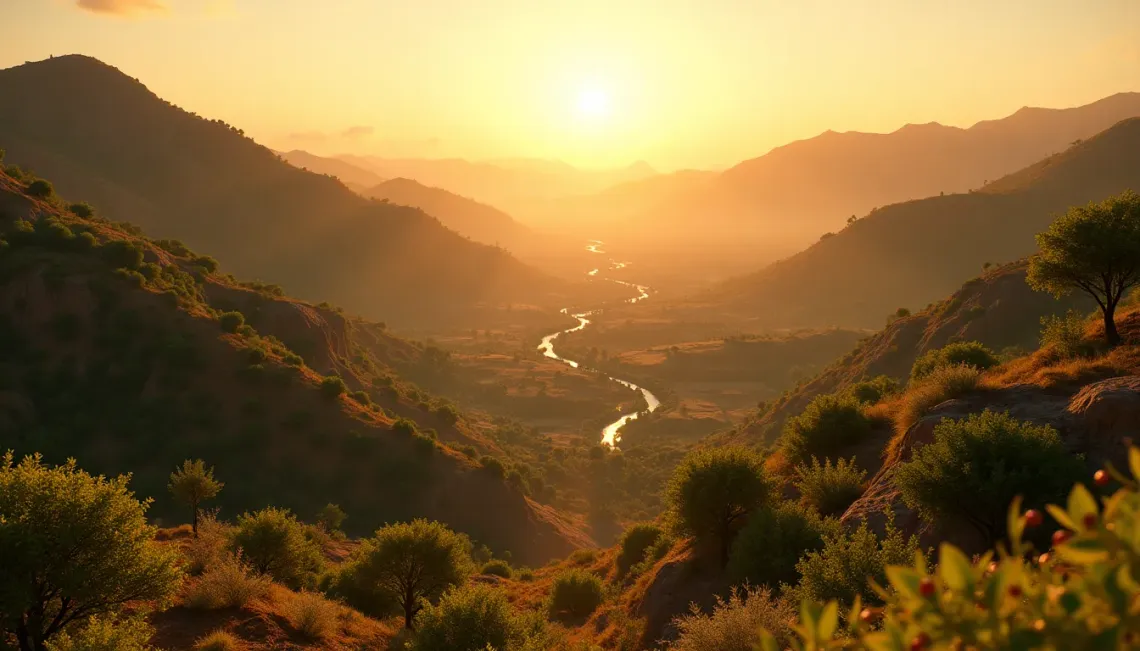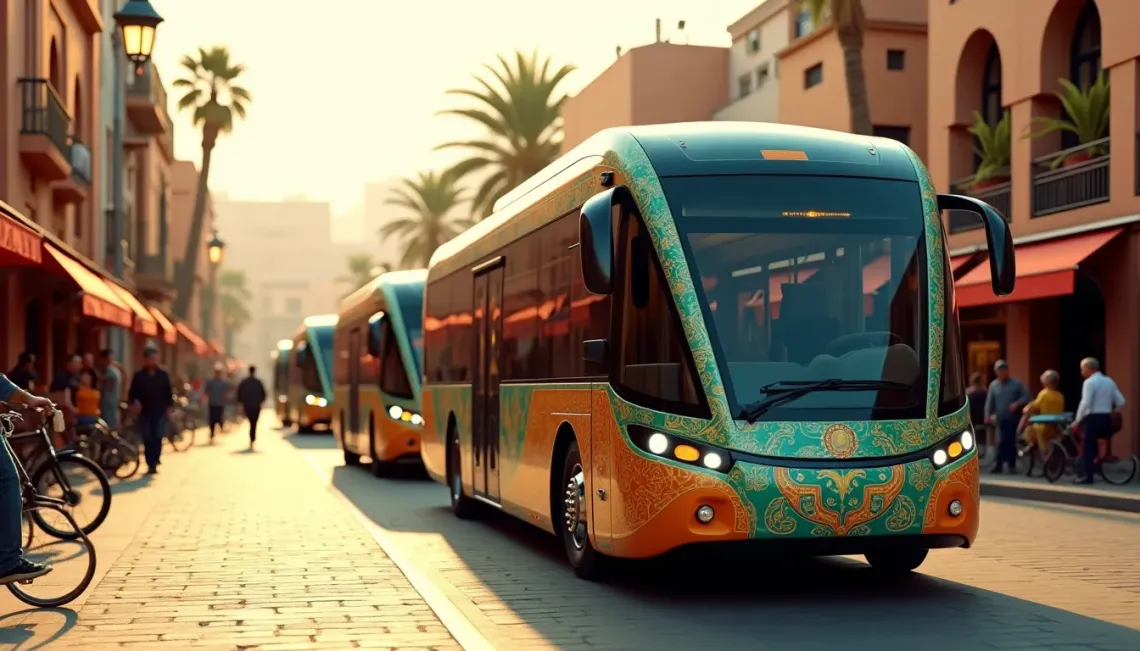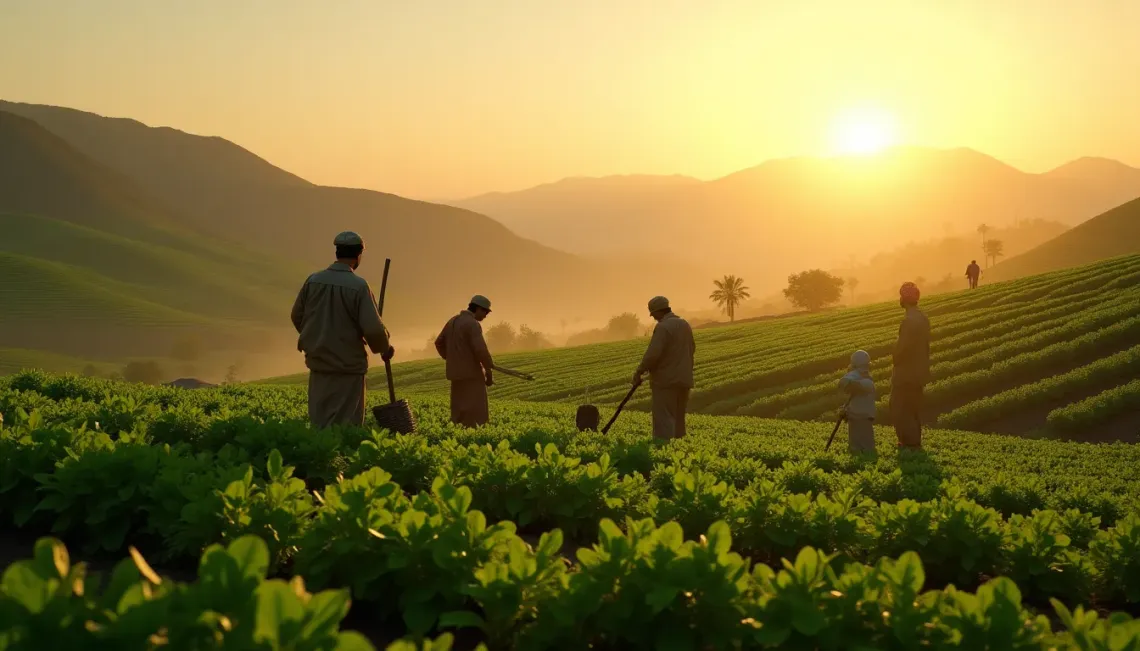Situated at the crossroads of Europe and Africa, Morocco boasts a rich tapestry of biodiversity that is intricately woven with its cultural heritage. The harmonious relationship between Morocco's biodiversity and cultural practices plays a crucial role in ecology preservation and cultural conservation. With diverse ecosystems ranging from arid deserts to lush coastal areas, Morocco presents a unique setting where nature and tradition coalesce.
Understanding Morocco's Biodiversity
Morocco is home to an array of ecosystems that support a wide variety of plant and animal life, making it a hotspot for biodiversity. These ecosystems include the Atlas Mountains, the Sahara Desert, and the Atlantic Ocean’s coastline. Within these landscapes reside unique species of Moroccan wildlife such as the Barbary macaque, the critically endangered Northern bald ibis, and the majestic Atlas cedar.
Ecology Preservation Amidst Urbanization
As urban areas expand, the ecological balance is threatened, putting pressure on Morocco’s rich biodiversity. Ecology preservation efforts are increasingly focusing on sustainable practices that minimize environmental impact. Initiatives like establishing protected areas and promoting eco-tourism are pivotal in maintaining ecological balance while supporting local economies.
The Role of Cultural Conservation
Cultural conservation is deeply intertwined with ecological efforts in Morocco. Traditional practices, some of which have been passed down for generations, play a vital role in sustaining the environment. For instance, Berber communities have long practiced sustainable agriculture by utilizing ancient water conservation techniques, ensuring that resources are preserved for future generations.
Sustainable Practices and Their Impact
- Promotion of organic farming and avoidance of chemical pesticides.
- Revival of indigenous knowledge in natural resource management.
- Integration of renewable energy sources in rural and urban areas.
These sustainable practices not only help in the protection of Moroccan wildlife but also enhance the cultural heritage that fortifies the nation’s identity.
Challenges and Opportunities
The journey to preserving Morocco's biodiversity faces significant challenges, such as climate change and habitat destruction. Nonetheless, there are substantial opportunities for improvement in eco-policies and public awareness. Embracing new technologies and forging international collaborations can spearhead more effective conservation strategies, forming a symbiotic relationship between ecology and culture.
Related Topics
For those interested in learning more about Morocco's ecological efforts, exploring the importance of Sahara Desert conservation and the influence of Moroccan agricultural practices provides deeper insights into the country’s sustainability roadmap.
In conclusion, the intersection of Morocco biodiversity and cultural conservation is vital for the sustainable future of this vibrant country. By advancing sustainable practices and strengthening traditional methods, Morocco can successfully preserve its natural heritage while fostering a thriving cultural landscape. Through continued commitment to ecology preservation, both Morocco’s environment and cultures can flourish together.




